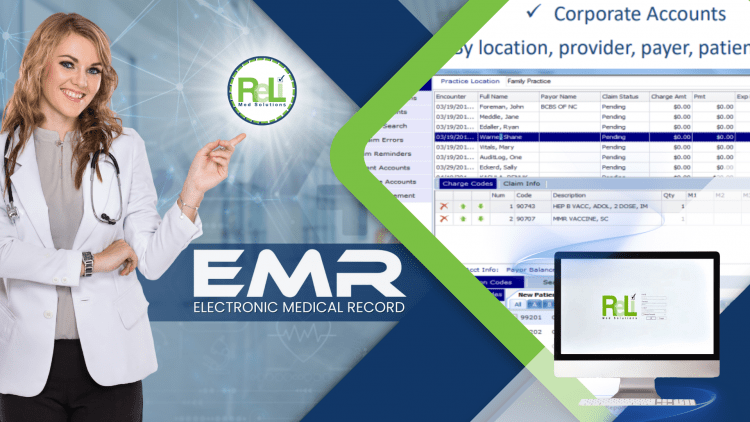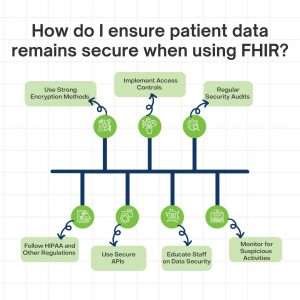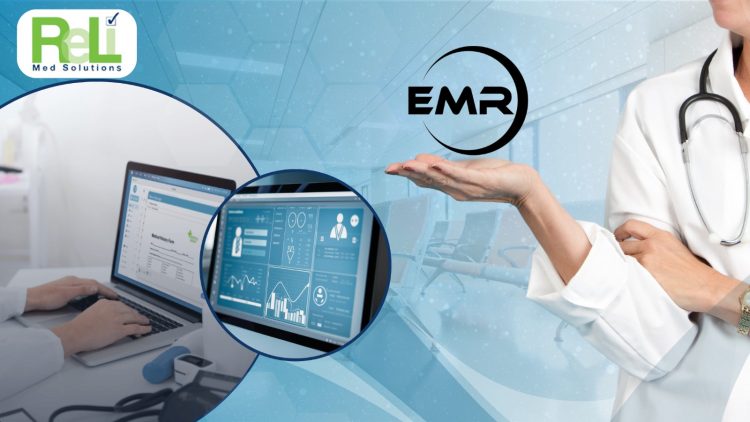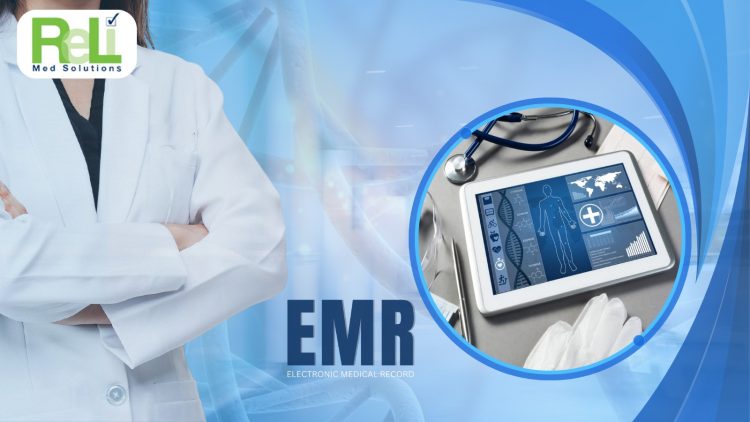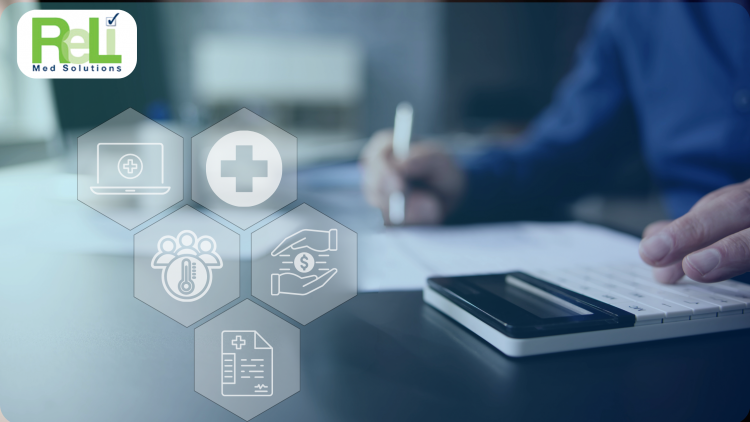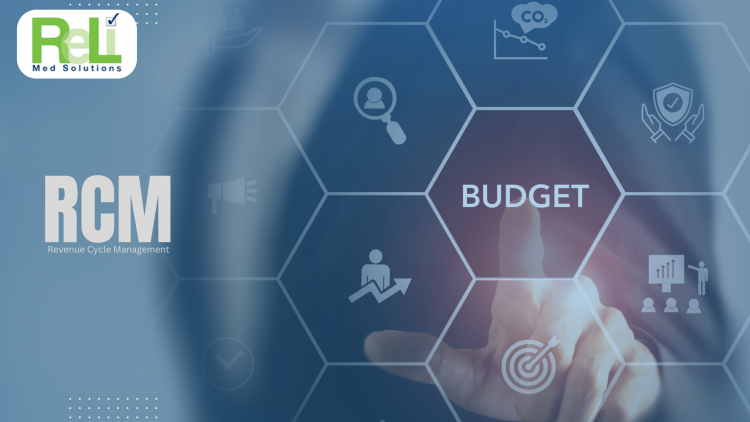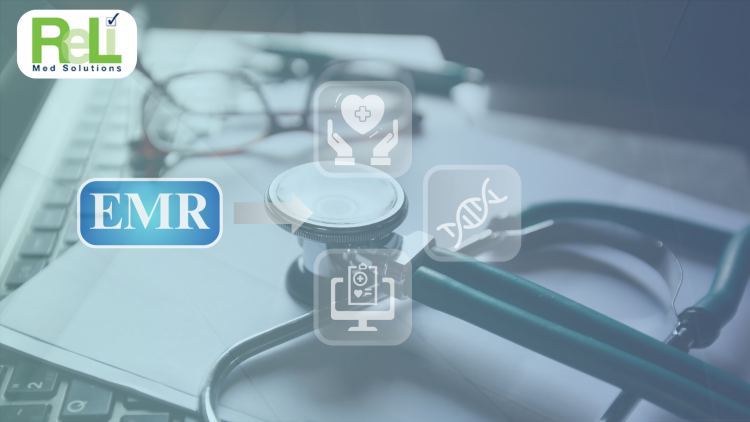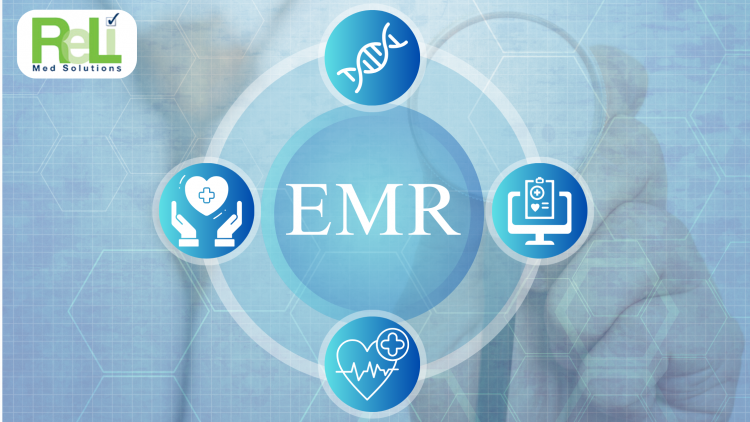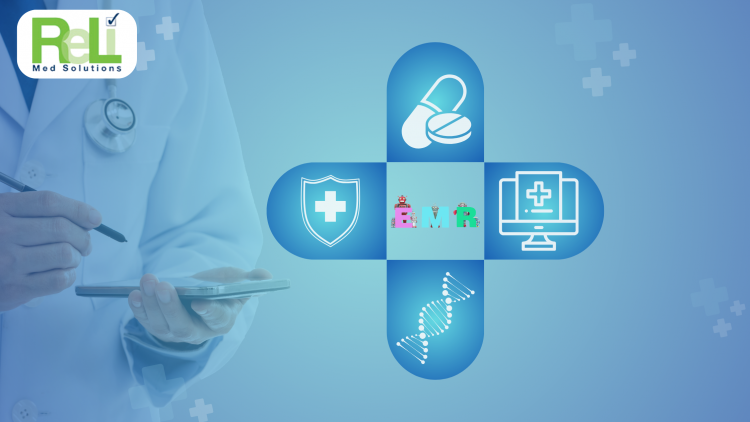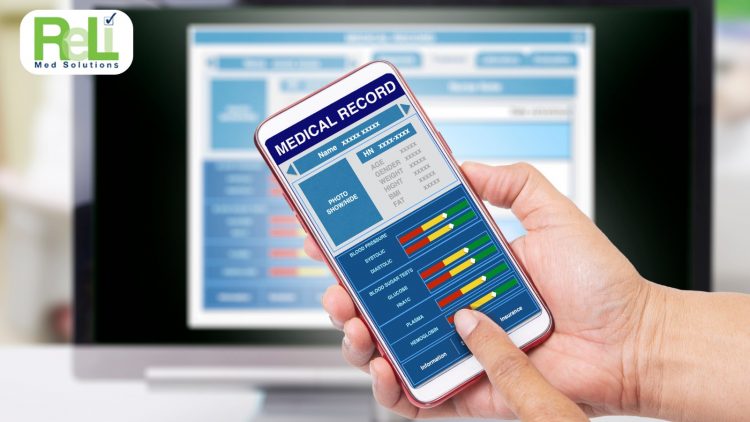Avoid Common Mistakes in the Physician Quality Reporting System Process
The physician quality reporting system helps doctors give better care by reporting how well they treat patients. But if mistakes happen during reporting, it can cause problems like low scores, missed payments, and poor results. Because of that, it is very important for every clinic or hospital to know what mistakes to avoid and how to fix them. Many clinics make the same errors again and again. So, this blog will explain the common problems and show how ReLi Med Solutions can help you avoid them with the right tools and support.
Mistakes Practices Keep Repeating
First of all, let’s look at the common mistakes that many clinics still make in the physician quality reporting system:
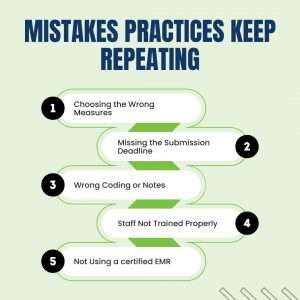
- Choosing the Wrong Measures: Some doctors pick reporting measures that do not match their work. Because of this, the data becomes useless or incorrect.
- Missing the Submission Deadline: If the report is late, it will not be accepted. So, practices lose out on rewards and may face penalties.
- Wrong Coding or Notes: If the codes or records are not correct, the report may be rejected. Therefore, it’s important to write and submit the right data.
- Staff Not Trained Properly: If staff members don’t understand how PQRS works, mistakes will happen. Also, not knowing how to use the tools adds more errors.
- Not Using a certified EMR: Some practices use software that is not certified. But, without a certified EMR, the report may fail.
Features That Prevent Mistakes in the Physician Quality Reporting System
ReLi Med Solutions offers features that help you avoid all these issues in the physician quality reporting system. So, here is how our system helps:
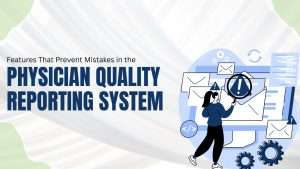
- Certified EMR: Our software is fully certified. Because of that, your data is safe and approved for reporting.
- Auto Reminders for Deadlines: We send alerts so you don’t forget to submit reports. Also, this keeps your practice on time.
- Help Choosing the Right Measures: Our system helps you select the right measures based on your work. Therefore, your data stays correct and useful.
- Secure EMR Software Solutions: We use the latest technology to protect your patient data. In addition, it works fast and without risk.
- Practice management Tools: You get full support to track, manage, and report your data. So, your team works better and with fewer mistakes.
- Revenue cycle services: Our experts help you with the reporting process. Because of this, you stay ahead and get better results.
Expert Tip: Make a Routine to Avoid Mistakes
- Fix Regular Days for Reporting: First of all, plan specific days every week or month to check patient data and reporting details. This makes the reporting task easy to handle step by step.
- Assign a Staff Member: Also, choose a trained staff member who can take care of the physician quality reporting system work regularly. This helps prevent confusion or missed steps.
- Don’t Wait Till the Last Minute: On the other hand, waiting too long to start can create stress and lead to wrong or incomplete reporting. Rushed work usually causes more errors.
- Use Tools Like Dashboards and Alerts: So, use digital tools that show updates and send reminders. These help you stay on track and finish tasks on time without pressure.
- Use ReLi Med Solutions for Full Support: ReLi Med Solutions gives you all the tools—like dashboards, alerts, and reporting help—in one easy system. You can manage the full physician quality reporting system without any stress or delay.
Conclusion
The physician quality reporting system is a great way to show your clinic’s quality of care. But if mistakes happen, it can hurt your performance and income. Because of that, it’s important to report the right way from the start. ReLi Med Solutions gives you all the right tools—certified EMR, practice management, secure EMR Software Solutions, and revenue cycle services—to help you report easily and correctly. So, if you want to stop making reporting errors and improve your clinic’s results, Contact ReLi Med Solutions today and make the reporting system work better for your clinic!

